Learn about the various types of work environments and their impact on employee wellbeing and productivity. See how to create the ideal workplace for your team.

HR Center
of Excellence
Stay ahead of the curve and make informed decisions with the help of our expertly curated content. Explore the latest trends, best practices, and industry benchmarks designed to drive business success.
Search Expert Advice & Action Plans
Or browse our categories
Learn how to attract, hire, onboard, train, coach, and develop people. Create a culture of continuous feedback. Develop consistent performance review practices and align everyone’s goals to overall business objectives.

Guides + White Papers
Read Time: 1 min
Mastering OKR Strategy: Your Guide to Business Success
Unlock business potential with our comprehensive OKR strategy guide. Learn to set and achieve ambitious goals for your team or organization.

Article
Read Time: 15 min
HR Statistics You Need to Know for 2025
Human resources is a rapidly changing field. See the latest HR trends on everything from hiring and recruiting, to what the future holds.
Article
Read Time: 15 min
What is Professional Development? The Complete Guide
Professional development is an important factor in growth for employers and employees. Here’s everything you need to know.
Article
Read Time: 9 min
Employee Retention Rate: What It Is & How to Calculate It
Employee retention rate is an important factor for business and HR leaders. Learn the retention rate formula and how to calculate employee retention rates.
41% of CEOs say labor costs are the most important HR metric to measure (Gartner). Learn how to better track and analyze your labor spend across payroll, time, and schedule. Stay on top of federal, state, and local compliance.

Article
Read Time: 9 min
How to Handle Difficult Conversations at Work
Learn how to handle difficult conversations at work with our guide. Discover effective strategies to navigate and improve workplace communication.

Article
Read Time: 11 min
Predictability Pay and its Impact on Businesses
Learn about predictability pay, its business impact, and how it ensures fair schedules and boosts employee satisfaction and compliance.
Article
Read Time: 12 min
Mobile Workforce Management 101: Everything You Need to Know
What is mobile workforce management (MWM)? Here’s everything you need to know about the benefits of mobile workforce management and MWM systems.
Article
Read Time: 21 min
DEI Metrics for Tracking Progress
Here are the best DEI metrics that help you track progress within your company.
Article
Read Time: 11 min
What is Contingent Workforce Management? Complete Guide for HR
Learn about managing a contingent workforce, including the challenges, benefits, strategies, and best practices of contingent workforce management.
80% of small & medium-sized businesses don’t believe they effectively engage their employees (Paycor survey). Learn how to motivate and support your employees and you’ll have an unbeatable competitive advantage.

Article
Read Time: 11 min
Gig Workers: Hiring, Management, and More
Thinking about hiring gig workers? Learn all about managing gig workers, including compliance considerations and the pros and cons of employing gig workers.

Article
Read Time: 15 min
HR Statistics You Need to Know for 2025
Human resources is a rapidly changing field. See the latest HR trends on everything from hiring and recruiting, to what the future holds.
Article
Read Time: 11 min
H1B Visa News: Latest Updates (2025)
The H-1B visa program, which enables U.S. employers to hire foreign professionals for highly skilled positions, recently received updates. Here's everything you need to know as an employer.
Article
Read Time: 9 min
How to Handle Difficult Conversations at Work
Learn how to handle difficult conversations at work with our guide. Discover effective strategies to navigate and improve workplace communication.
Article
Read Time: 9 min
How to Prepare for the Next Hiring Surge
Is the next hiring surge ahead? Prepare now by refining recruitment strategies, updating job descriptions, and staying ahead of industry trends to attract top talent.
Benefits have never been more important to employees. Learn how to design and implement a benefits program that’s both tailored to your employee population and cost-effective. Paycor found that the right mix of benefits can reduce turnover by 138%.

Article
Read Time: 9 min
What Is Benefits Administration?
Discover the key aspects of employee benefits administration, including essential strategies and best practices for effective management in today’s workplace.

Article
Read Time: 8 min
Top Health Insurance Alternatives for Businesses
Discover affordable and effective health insurance alternatives for businesses. Learn about HSAs, HRAs, telemedicine, and more to attract and retain top talent.
Article
Read Time: 7 min
Exploring Roth 401(k): Benefits, Limits, and Tax Implication
Learn about Roth 401(k) benefits, contribution limits, and tax implications for HR and payroll professionals. Get insights into new 2024 regulations.
Article
Read Time: 8 min
Top Health Insurance Alternatives for Businesses
Discover affordable and effective health insurance alternatives for businesses. Learn about HSAs, HRAs, telemedicine, and more to attract and retain top talent.
Article
Read Time: 9 min
HMO, PPO, or EPO: Which Health Plan is Best for Your Employees?
Know the differences between HMO, EPO, and PPO insurance plans to determine which is best for your employees. Learn about costs, benefits, and coverage options.
Get to Know the HR Center of Excellence

Guides + White Papers
Read Time: 1 min
10 HR Metrics to Track in 2025
HR is the powerhouse that drives business strategy. Here are the 10 HR metrics you need to track to justify decisions and get an edge.

Guides + White Papers
Read Time: 0 min
2025 Payroll Calendar Templates
Stay on top of biweekly, semi-monthly, and monthly payroll calendar pay periods and pay dates in 2025 with these helpful templates.
See how Paycor’s HR solutions optimize nearly every aspect of people management.

532 reviews

2,065 reviews















